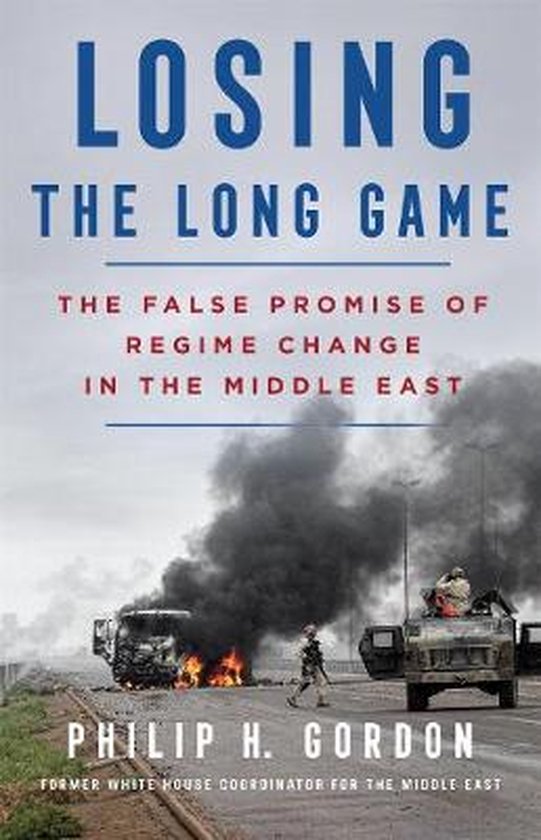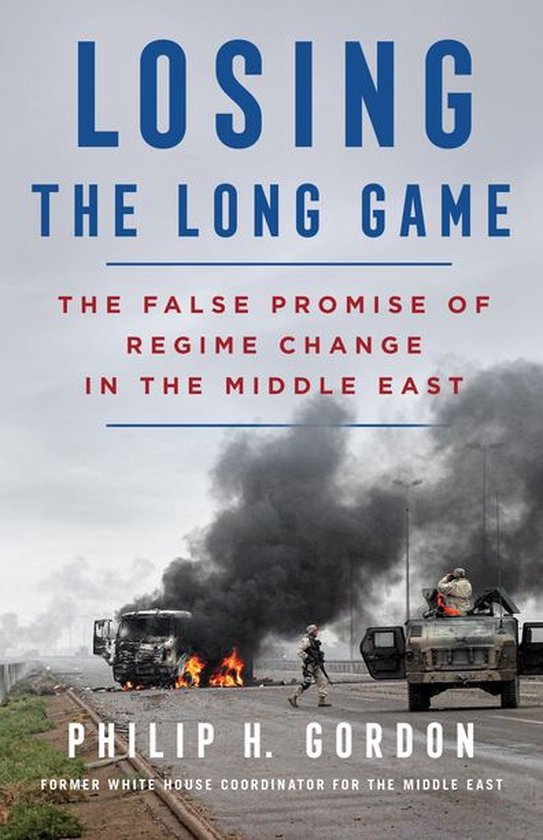
Losing the Long Game
The definite account of how regime change in the Middle East has proven so tempting to American policymakers for decades - despite never achieving the aims it hopes to accomplish - and how it’s finally time to forge a new path forward.
Since the end of World War II, the United States has set out to oust governments in the Middle East on an average of around once per decade. It has done so in places as diverse as Iran, Iraq, Afghanistan (twice), Egypt, Libya, and Syria - to count only the instances where regime change was effectively U.S. policy and where Washington led the effort. The reasons for these interventions have also been extremely diverse, including countering communism, geopolitical competition, preventing the development of weapons of mass destruction, combatting terrorism, saving civilian lives, and promoting democracy. And the methods by which the United States pursued regime change have also been highly varied: sponsoring a military coup, providing covert or overt military assistance to opposition groups, invading and occupying, invading and not occupying, providing air power to opposition forces, or relying on diplomacy, rhetoric, and sanctions. What is common to all the operations, however, is that they failed to achieve their ultimate goals, produced a range of unintended and even catastrophic consequences, carried heavy financial and human costs, and in many cases left the countries in question worse off than they were before.
Since the end of World War II, the United States has set out to oust governments in the Middle East on an average of around once per decade. It has done so in places as diverse as Iran, Iraq, Afghanistan (twice), Egypt, Libya, and Syria - to count only the instances where regime change was effectively U.S. policy and where Washington led the effort. The reasons for these interventions have also been extremely diverse, including countering communism, geopolitical competition, preventing the development of weapons of mass destruction, combatting terrorism, saving civilian lives, and promoting democracy. And the methods by which the United States pursued regime change have also been highly varied: sponsoring a military coup, providing covert or overt military assistance to opposition groups, invading and occupying, invading and not occupying, providing air power to opposition forces, or relying on diplomacy, rhetoric, and sanctions. What is common to all the operations, however, is that they failed to achieve their ultimate goals, produced a range of unintended and even catastrophic consequences, carried heavy financial and human costs, and in many cases left the countries in question worse off than they were before.
| Auteur | | Philip H. Gordon |
| Taal | | Engels |
| Type | | Hardcover |
| Categorie | | Mens & Maatschappij |





